Covid Deaths At Record High As EU Approves Second Vaccine
The European Union's medicines watchdog on Wednesday approved a second coronavirus vaccine, in a relief to struggling European countries as the world reached a grim new record of 15,700 deaths in 24 hours.
The Moderna vaccine is now set to join Pfizer-BioNTech's jab for use in the 27-nation EU, where governments are grappling with soaring caseloads and slow rollouts of the vaccines already available.
"Good news for our efforts to bring more Covid-19 vaccines to Europeans!" European Commission chief Ursula von der Leyen tweeted.
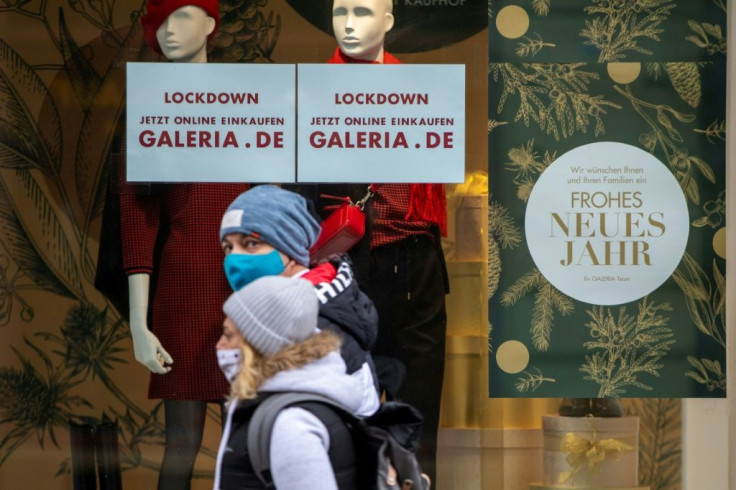
The breakthrough came as more than 15,700 Covid-19 deaths around the world were registered in the past 24 hours, according to a count by AFP at 1100 GMT on Wednesday -- a new record.
The United States, the world's worst-hit country, logged a record 3,936 daily deaths in a separate tally by Johns Hopkins university.
Los Angeles ambulance workers have been told to stop transporting some patients with extremely low survival chances to overwhelmed hospitals.
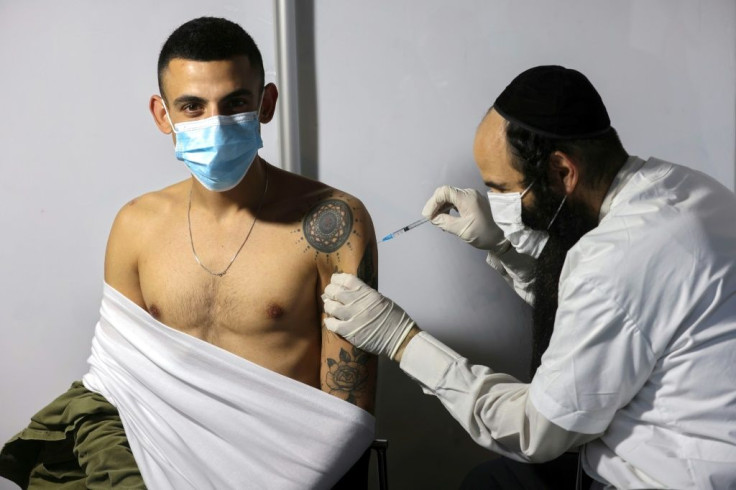
In Portugal, health authorities reported 10,000 new cases in 24 hours in the nation of just 10 million people.
Meanwhile a World Health Organization mission headed to China to probe the origins of the pandemic is in disarray after Beijing denied entry to the experts at the last minute.
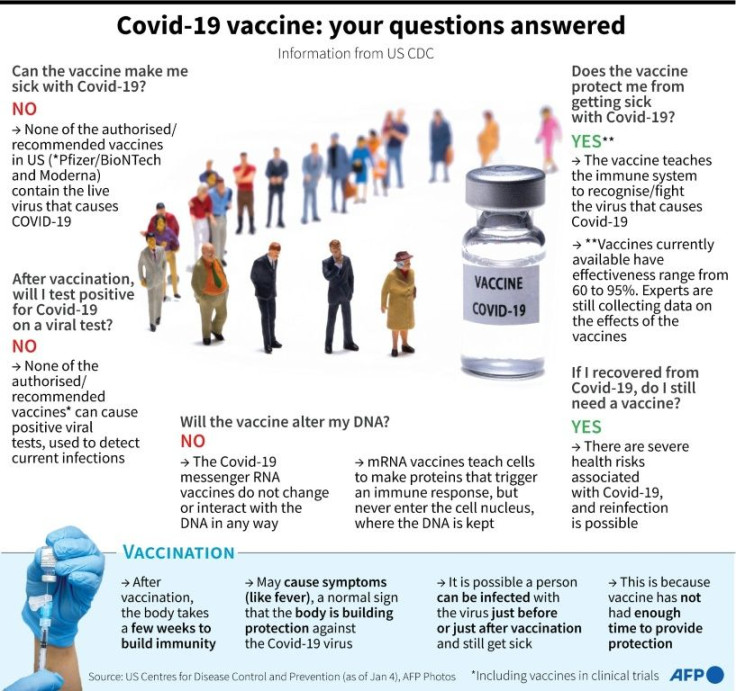
Mass vaccinations are seen as key to returning the world to a semblance of normality, but the EU's campaign has got off to a sluggish start compared to the United States, Britain and Israel. The Netherlands administered its first shot on Wednesday, becoming the last EU country to get started.
Britain may have been first to begin vaccinating, but the country nevertheless returned to a full lockdown Wednesday as authorities battle to contain the alarming spread of a new coronavirus strain which appears to be more infectious.
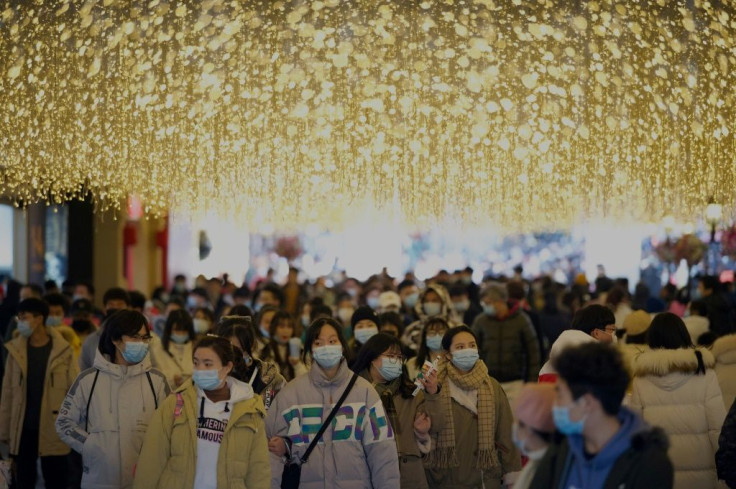
One in 50 people in England were infected last week, according to official data, rising to one in 30 in London.
The global crisis shows no signs of slowing, with more than 1.8 million people known to have died worldwide among some 86 million cases.
Germany, Europe's biggest economy, announced on Tuesday that it was toughening its partial lockdown and extending measures such as store closures until the end of January.
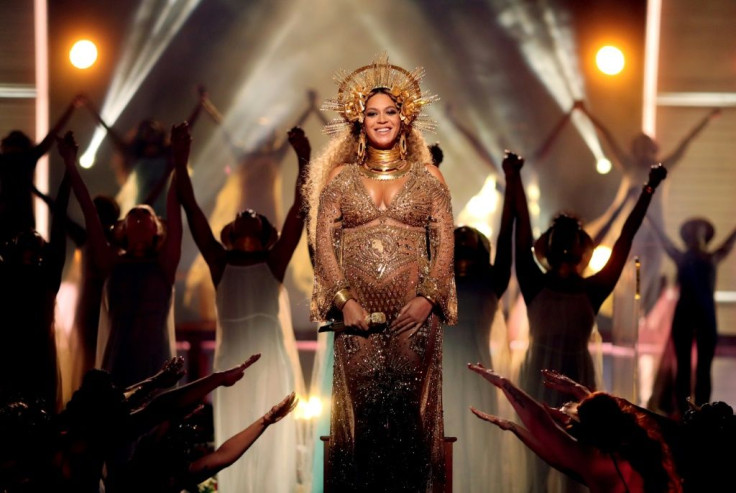
Along with other leaders, such as France's Emmanuel Macron, German Chancellor Angela Merkel is facing accusations from critics that her government should be rolling out vaccines much faster in order to spare people from more disruption to virtually every aspect of their lives.
Concerns are also growing over the new coronavirus strains first located in Britain and South Africa, which have since been detected in dozens of other countries.
While there is no evidence so far that available vaccines will prove less effective against them, the increased transmissibility of the new variants has officials worried that their spread will outstrip the rate at which they are able to protect people.
In China, which has detected cases of both of the new strains, authorities are at loggerheads with the World Health Organization after refusing entry to a ten-strong team of experts.
The team had been due to arrive in China this week, for a hugely sensitive mission seeking clear answers on how the virus first emerged in the central city of Wuhan in late 2019 after jumping from animals to humans.
Foreign ministry spokeswoman Hua Chunying admitted it was "not just a visa issue".
"The issue of origin-tracing is incredibly complicated," she told reporters, adding that talks were continuing over "the specific date and specific arrangement" of the visit.
The spikes in caseloads around the world have disrupted the few entertainment and sports events that had managed to resume after shutdowns earlier in the pandemic.
Thousands of cricket fans who attended Australia's Boxing Day Test match against India have been told to get tested and isolate after a spectator tested positive.
The English Premier League, one of the world's most-watched football competitions, said a record 40 players and staff have tested positive in the last two rounds of testing, but insisted the season will continue.
Manchester City confirmed three more cases on Wednesday, having already had to do without six infected players for their Premier League victory at Chelsea last weekend.
The Grammy music awards, slated for January 31 in Los Angeles, have also been postponed until March.
© Copyright AFP 2024. All rights reserved.




















